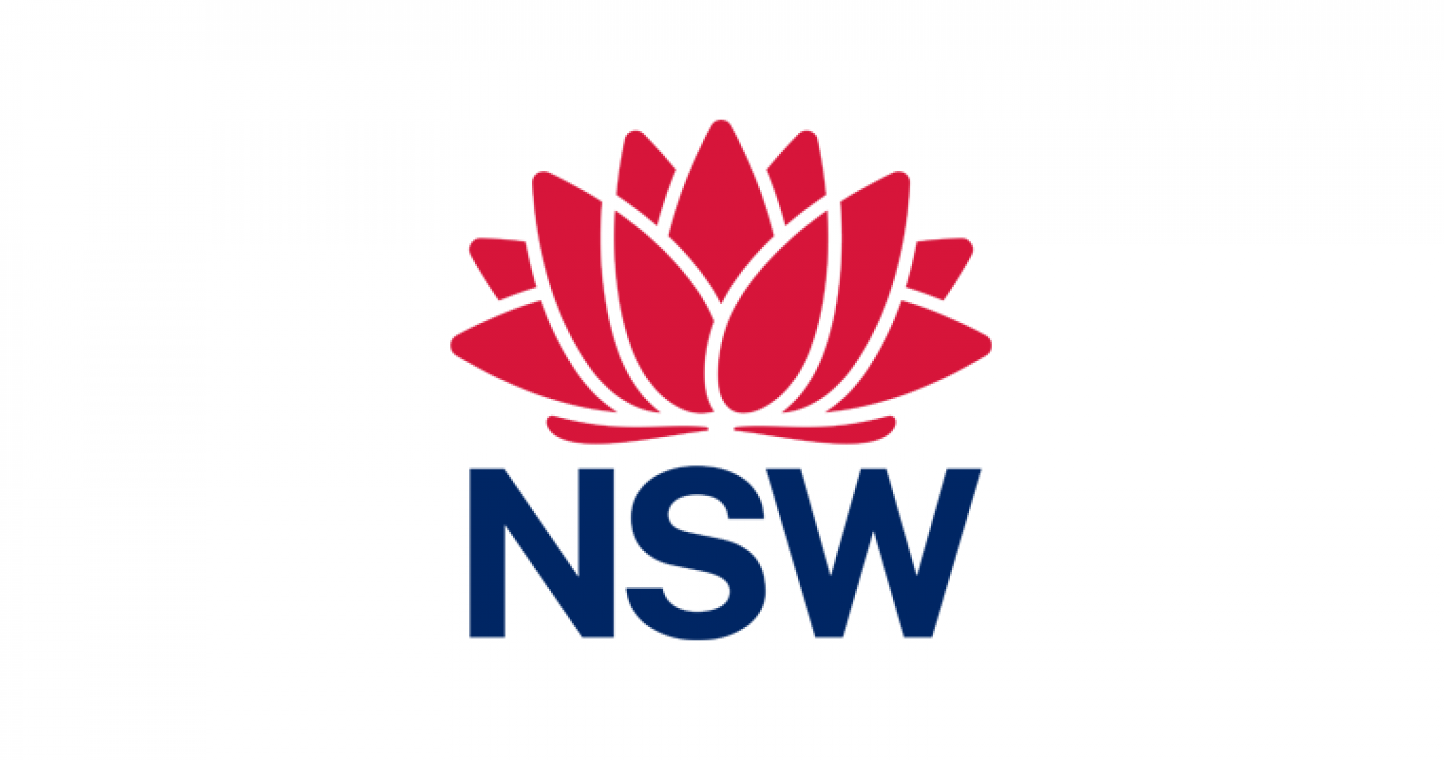The WHO Director-General transmits the report of the fifth meeting of the International Health Regulations (2005) (IHR) Emergency Committee regarding the multi-country outbreak of monkeypox (mpox), held on Wednesday 10 May from 12:00 to 17:00 CET.
The Emergency Committee acknowledged the progress made in the global response to the multi-country outbreak of mpox and the further decline in the number of reported cases since the last meeting. The Committee noted a significant decline in the number of reported cases compared to the previous reporting period and no changes in the severity and clinical manifestation of the disease. The Committee acknowledged remaining uncertainties about the disease, regarding modes of transmission in some countries, poor quality of some reported data, and continued lack of effective countermeasures in the African countries, where mpox occurs regularly. The Committee considered, however, that these are long-term challenges that would be better addressed through sustained efforts in a transition towards a long-term strategy to manage the public health risks posed by mpox, rather than the emergency measures inherent to a public health emergency of international concern (PHEIC).
The Committee emphasised the necessity for long-term partnerships to mobilize the needed financial and technical support for sustaining surveillance, control measures and research for the long-term elimination of human-to-human transmission, as well as mitigation of zoonotic transmissions, where possible. Integration of mpox prevention, preparedness and response within national surveillance and control programmes, including for HIV and other sexually transmissible infections, was reiterated as an important element of this longer-term transition. In particular, the Committee noted that the gains in control of the multi-country outbreak of mpox have been achieved largely in the absence of outside funding support and that longer-term control and elimination are unlikely unless such support is provided. These sustained investments will, in the long run, save money and lives, and reduce the risk of a global resurgence of mpox, as well as the risk of reverse zoonosis resulting in new areas where the virus may circulate.
The WHO Director-General expresses his gratitude to the Chair, Members, and Advisors for their advice and concurs with this advice that the event no longer constitutes a PHEIC for the reasons detailed in the proceedings of the meeting below and issues revised Temporary Recommendations for the transition period, which are presented at the end of this document.
Proceedings of the fifth meeting of the IHR Emergency Committee
The fifth meeting of the IHR Emergency Committee on the multi-country outbreak of mpox was convened by videoconference, with the Chair and Vice-Chair being present in person at WHO headquarters, in Geneva, Switzerland. Eleven of the fifteen Members and five of the nine Advisors to the Committee participated in the meeting.
In his opening remarks, the WHO Director-General welcomed the Committee, and noted a sustained decline in cases globally, with almost 90% fewer cases reported in the last three months, compared with the previous three months. The Director-General also noted that, while there is a downward trend globally, the virus continues to transmit in certain communities. He further stressed the importance for countries to maintain their surveillance and response capacities, and to continue to integrate mpox prevention and care into existing national health programmes to address future outbreaks.
The Office of Legal Counsel’s representative briefed the Committee Members and Advisors on their roles, responsibilities, and mandate under the relevant articles of the IHR. The Ethics Officer from the Department of Compliance, Risk Management, and Ethics reminded Members and Advisors of their duty of confidentiality as to the meeting discussions and the work of the Committee, as well as their individual responsibility to disclose to WHO in a timely manner any interests of a personal, professional, financial, intellectual or commercial nature that may give rise to a perceived or direct conflict of interest.
The meeting was handed over to the Chair of the Emergency Committee, Dr Jean-Marie Okwo-Bele, who introduced the objectives of the meeting: to provide views to the WHO Director-General as to whether the multi-country outbreak of mpox continues to constitute a PHEIC, and, if so, to review the proposed Temporary Recommendations to States Parties.
Presentations
Representatives of Japan, Nigeria and the United Kingdom of Great Britain and Northern Ireland provided updates on the current epidemiological situation in their countries and on the public health measures being implemented.
The Secretariat provided a comprehensive update on the epidemiological situation and the current response efforts, with the WHO Region of Africa providing an additional regional update. The WHO Region of Africa reported that more than 1500 cases were confirmed since January 2022 in 13 countries, with the majority of these cases being reported from Nigeria and the Democratic Republic of the Congo. There was little information on modes of transmission and the quality of reported data through the surveillance systems was uneven in the African Region.








